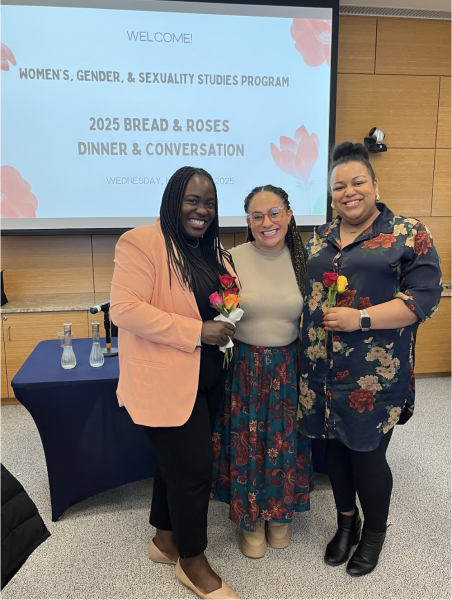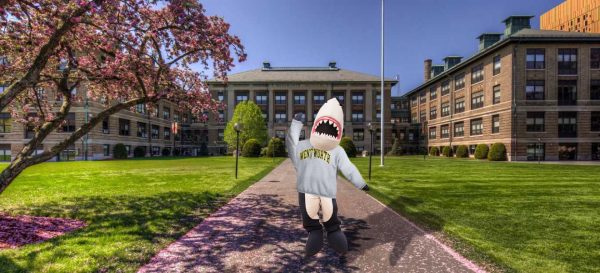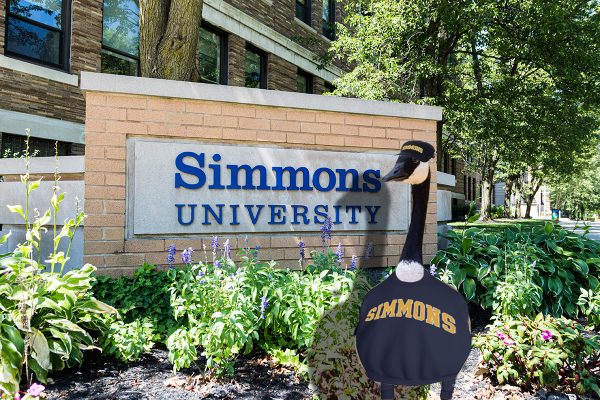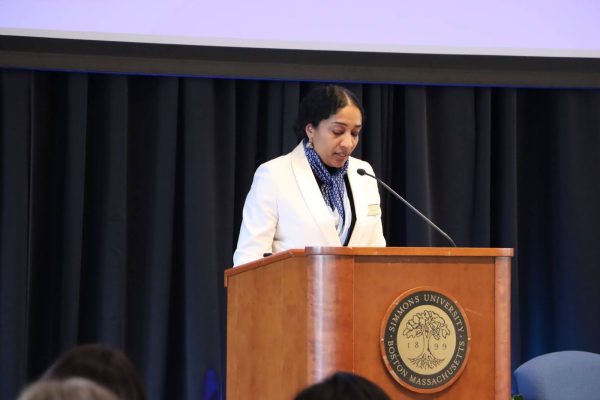The job market they didn’t see coming: Simmons alumni provide advice for students
April 26, 2020
The COVID-19 pandemic’s effect on the economy has caused worries among graduating seniors who are getting ready to apply for jobs.
Prior to the pandemic, senior Emma Gottschalk says she had a spreadsheet of employers and cover letters ready for the job search she was planning to start after spring break. Leading up to the pandemic, Gottschalk says she was told she would be graduating into one of the best job markets in recent years. Now, Gottschalk says she is not sure if applying for jobs is worth her time.
“I am very hesitant to actually apply anywhere, a lot of places have taken down their job postings,” said Gottschalk.
Job postings on Indeed, a popular employment search engine, have declined by 20% when compared to March 2019, according to Indeed.
The National Bureau of Economic Research (NBER), the body responsible for declaring recessions, has not said that the current situation qualifies as a recession. NBER defines a recession as a “significant decline in economic activity spread across the economy, lasting more than a few months, normally visible in real GDP, real income, employment, industrial production, and wholesale-retail sales.”
Still, several experts at the Brookings Institute, a social sciences think tank, say there are clear signs of an economic downturn.
Due to the pandemic, 46 million Americans have likely already been laid off or seen a reduction in hours, according to Gallup’s Principal Economist Jonathan Rothwell.
For seniors like Gottschalk, the current economy reminds her of the Great Recession in 2008.
Several alumni who graduated during the Great Recession experienced worries similar to that of current seniors. Now, they have some advice for the Class of 2020.
Maggie Fleming, who graduated in May 2008, was able to land a job in human resources at a financial services company shortly after graduation, according to Fleming. But in November 2008, she was laid off.
Now, Fleming recommends that seniors embrace opportunities they might not have considered before, because something good could come of them.
Months after Fleming was laid off, Jessica Kowalski ‘09 graduated. After leaving Simmons, Kowalski says she struggled to find permanent work to help her pay back over $100,000 in student loans. When she started at her first job using her degree in November 2009, she described her salary as “below the poverty level.”
“When you’re at Simmons you’re told you can do anything, which you can,” said Kowalski. “You’re almost being told that you’re doing good from so many places that you can push your worries aside.”
Now, Kowalski recommends that seniors use the Simmons community to help them get through the present economic turmoil. Kowalski says seniors don’t just graduate with a degree, they graduate with Simmons.
“You’ve gotten this far, you can get through the next step. It may not be what you expect it to be, but seize the opportunity, maybe it’ll bring you to a whole new path,” said Kowalski.








